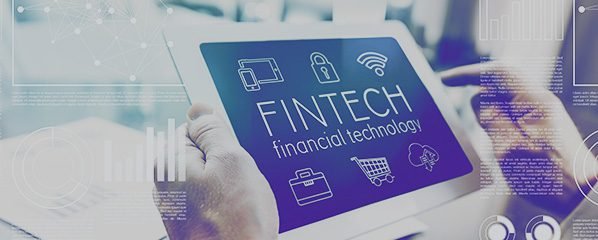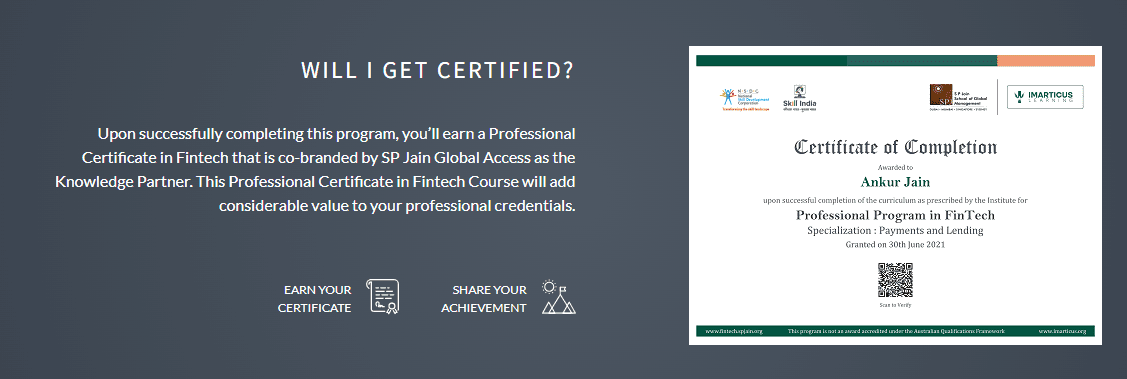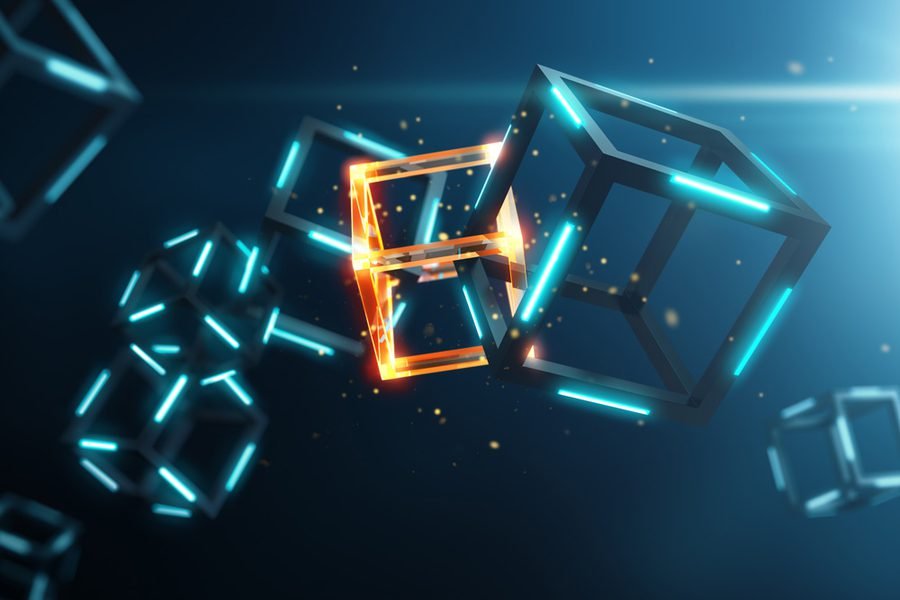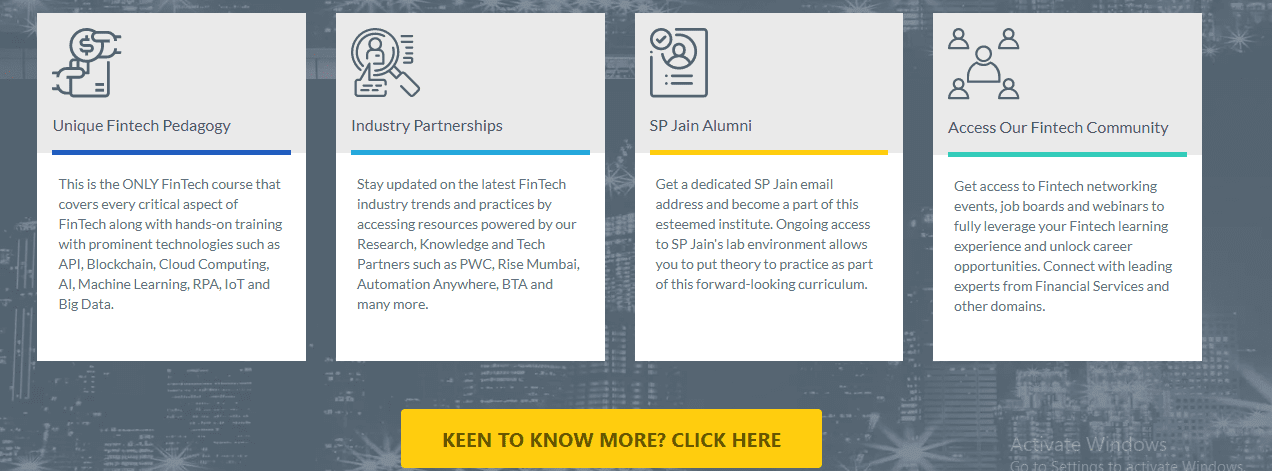Data Security Strategies in the Evolving Blockchain Landscape
Blockchain has been one of the biggest and most disruptive technological innovations of the past decade. It has revolutionized online investing, cryptocurrency, and cyber security spaces. Just like any new technology that shows up on the horizon, innovations in the FinTech industry have their fair share of vulnerabilities and security risks.
Blockchain is used heavily in online investing and financial transactions, especially cryptocurrencies, because of the speed it can process transactional data. Blockchain also helps prevent fraud because of its watertight design. In the application of blockchain technology, data security is of paramount importance.
You could be a stakeholder in blockchain technology security without even knowing it. You could be working in the FinTech sector, transacting online, or working in the cybersecurity space, and all of these roles would benefit from a more robust knowledge of blockchains.
Blockchain training is an important module in any FinTech course, useful for anyone transacting online. To that end, data security becomes a lynchpin in the blockchain training conversation.
Learning data security essentials
Data security is a prerequisite for using any technology in today’s time. Therefore, learning the data security measures within the blockchain landscape is imperative to your knowledge of this technology. Most blockchain certifications or training courses cover a module on data security to put the two concepts in conjunction, just like it should be in real life.
3 Data Security Strategies in the Blockchain Ecosystem
Decentralization
The first and foremost data security strategy in the blockchain landscape is decentralizing data in storage and transmission. Decentralization refers to transferring control and decision-making from a centralized focal point — whether an individual, organization or group — to a distributed network.
Blockchain can decentralize the control and administration of the data and the various IoT devices to multiple touchpoints by decentralizing the data. This, in turn, enables autonomous security decision-making. If a potential hacker cannot penetrate through a central office and gain enough access to control the whole system, they simply cannot be a big threat to the whole data. Usually, hackers exploit a single vulnerable point, which is missing in the case of blockchain.
Encryption
Encryption refers to the process of converting plaintext into ciphertext, also called encrypted data, using an algorithm or cipher. This data is unreadable on its own without the encryption key. It is this encryption and cryptography that makes blockchain unstoppable. The complete encryption feature ensures that the data transmitted through the technology is safe from attacks and unauthorized access.
This is the same principle in our social apps, which now have end-to-end encryption. We all use social media and messaging apps in today’s world of conversational commerce. But each time we interact on these platforms, our data’s security is subject to the platform’s security protocols. Blockchain provides the option of end-to-end encryption that safeguards our data. A blockchain certification will also help understand how this technology makes cross-messenger communication possible through a unified API framework.
Additional fortifications to ensure data security
The infrastructure around the blockchain should also be able to extend security for data. This involves creating staggered or tiered access for root users and administrators. Those who don’t need access to sensitive information should not have access to the sensitive data tier. Similarly, encryption keys should be guarded with extreme caution using high-grade security.
Such data security measures can further strengthen confidence in the blockchain landscape. If you already have a fundamental understanding of blockchain implementation, you can level up your knowledge through the professional certification in the Fintech course. Learn more about the program and how it can help you embark on a new career in FinTech blockchain security. You can also visit one of our centres in your city for more information.













 If you wonder
If you wonder 
 Blockchain technology is still in its nascent phase. High demand, lucrative pay scale, and opportunity to work in cutting-edge technology are few notable reasons that make this career path worthwhile.
Blockchain technology is still in its nascent phase. High demand, lucrative pay scale, and opportunity to work in cutting-edge technology are few notable reasons that make this career path worthwhile. To start coding, beginners are recommended to start with Solidity. Learn to create simple blocks, blockchain, implement genesis block, add the block to the chain, validate, and perform a test run. Subsequently, proceed with advanced features like Smart contracts, build the decentralized applications.
To start coding, beginners are recommended to start with Solidity. Learn to create simple blocks, blockchain, implement genesis block, add the block to the chain, validate, and perform a test run. Subsequently, proceed with advanced features like Smart contracts, build the decentralized applications.